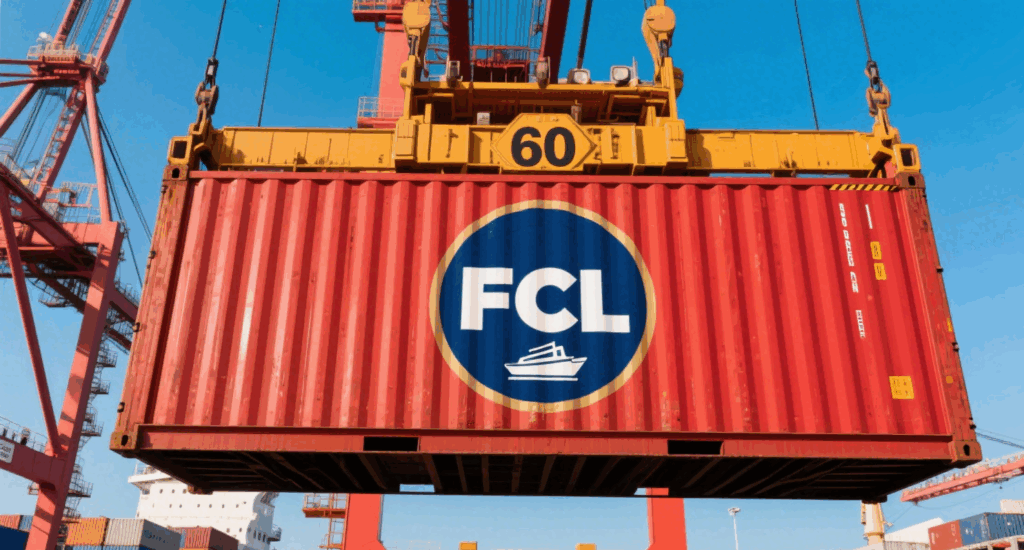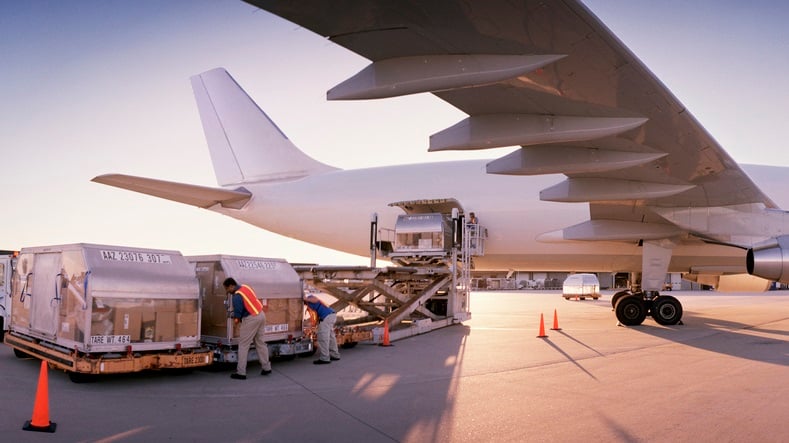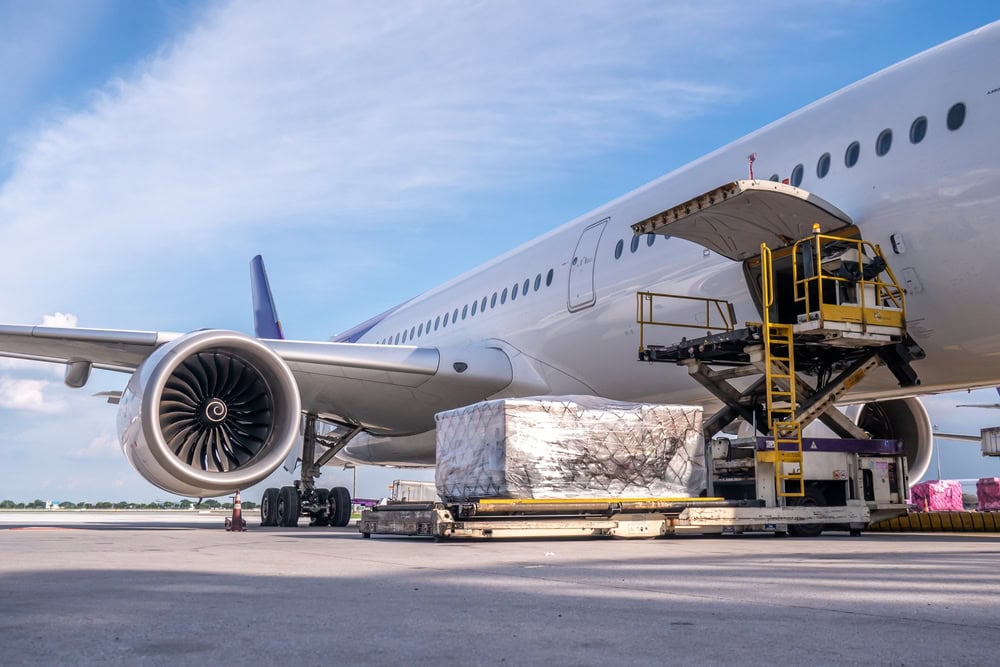- By Della tj
- October 15, 2025
- Shipping, Special Price
Finding the cheapest way to ship home goods from China to USA is essential for importers seeking affordable logistics without compromising delivery reliability. Whether you’re a small retailer or managing large-scale imports, knowing the most cost-effective shipping solutions helps lower total landed costs and improve profitability.
What Are the Main Shipping Options from China to the USA?
Home goods can be transported through various modes—sea freight, air freight, express courier, or rail-air combination. Each has different pricing, speed, and customs implications.
| Mode | Cost (per CBM) | Transit Time | Best For | Pros / Cons |
|---|---|---|---|---|
| Sea Freight (LCL) | $60–$90 | 30–40 days | Large or bulky goods | Cheapest, but slow |
| Sea Freight (FCL) | $3,000–$4,200 / 40ft | 28–35 days | Full containers | Economical for high volumes |
| Air Freight | $6–$12 / kg | 5–10 days | Urgent goods | Fast but costly |
| Express Courier | $9–$15 / kg | 3–7 days | Small parcels | Door-to-door, but expensive |
Tip: For most home goods like furniture, decor, or kitchenware, sea freight remains the most economical method.
How to Calculate Shipping Costs for Home Goods
Understanding total shipping costs ensures you select the most affordable delivery route. These costs include freight rates, fuel surcharges, insurance, customs duties, and inland delivery fees.
Example Calculation (LCL, 2 CBM household items):
- Ocean freight: $80 × 2 = $160
- Origin fees (China): $50
- Destination handling (USA): $120
- Customs & duty: ~$60
→ Total: $390 (~$195/CBM)
Pro Tip: Always request a detailed quotation that lists hidden costs—such as port charges and delivery surcharges.
Why Sea Freight Is the Cheapest Way to Ship
Sea freight is favored because it handles large, heavy home goods efficiently. Although slower than air freight, its unit cost per kilogram is far lower.
Advantages of Sea Freight
- Cost efficiency: Ideal for large-volume shipments.
- Flexibility: Both LCL and FCL options are available.
- Eco-friendly: Emits less CO₂ compared to air.
However, delays can occur during peak seasons, so booking 3–4 weeks in advance is recommended.

Customs Documents Needed for Home Goods Import
Proper documentation ensures smooth clearance and avoids penalties. The following table lists the most essential documents:
| Document | Purpose | Issued By |
|---|---|---|
| Commercial Invoice | Declares item value | Seller |
| Packing List | Details items & weights | Exporter |
| Bill of Lading / Airway Bill | Proof of shipment | Carrier |
| Arrival Notice | Customs clearance | Freight forwarder |
| Importer Security Filing (ISF) | Required for ocean freight | Importer |
Important: Incorrect paperwork can delay clearance and increase warehouse costs. Always double-check before departure.
Real Case Studies of Shipping Home Goods
Case 1: Shenzhen → Los Angeles (FCL)
Cargo: 40ft container of furniture (28 CBM)
Cost: $3,600 total
Mode: Sea freight
Transit time: 32 days
Result: Saved 45% compared to air freight
Case 2: Ningbo → Houston (LCL)
Cargo: Home appliances (4 CBM)
Cost: $880
Mode: Sea freight LCL
Transit time: 36 days
Result: Perfect for small-volume importers
These cases illustrate that sea freight remains the cheapest way to ship home goods from China to USA, especially for bulk orders.
Tips to Reduce Shipping Costs
Lowering logistics expenses doesn’t just depend on the mode of transport. It also involves smart supply chain planning.
Effective Cost-Reduction Tips:
- Consolidate shipments: Combine multiple orders into one container.
- Book off-peak: Avoid Chinese New Year and Golden Week.
- Negotiate long-term rates: Partner with a reliable freight forwarder.
- Optimize packaging: Reduce volume and weight.
- Choose nearby ports: Use Shanghai or Ningbo for Western USA routes.
As a result, importers can reduce costs by up to 25%.
How Transit Time Affects Total Cost
Time and cost are directly related. While sea freight is slow, it dramatically cuts shipping expenses. Conversely, air freight suits time-sensitive shipments.
| Method | Transit Time (Avg.) | Impact on Cost | Best Use |
|---|---|---|---|
| Sea Freight | 28–40 days | Lowest | Large volume, low urgency |
| Air Freight | 5–10 days | High | Urgent or high-value goods |
| Rail + Truck | 15–20 days | Moderate | Inland destinations |
| Courier | 3–7 days | Highest | Samples or eCommerce |
Hence, evaluating your product type and delivery urgency helps find the optimal balance.
Choosing the Right Freight Forwarder
A trusted logistics partner ensures seamless transport, customs clearance, and delivery tracking.
Qualities to Look For:
- Transparent pricing and cost breakdown
- Experience in U.S. import regulations
- Reliable customer service and tracking tools
- Partnerships with major carriers (COSCO, Maersk, etc.)
Therefore, choosing a forwarder specialized in home goods shipping can prevent costly errors and improve turnaround times.
Conclusion
Ultimately, the cheapest way to ship home goods from China to USA depends on shipment size, urgency, and destination. Sea freight remains the best value for large-volume imports, while combining smart packaging and timing further reduces costs. Partnering with an experienced forwarder ensures safe, affordable, and efficient delivery every time.
Request a Quote
Need a tailored solution for your shipping from China?Let TJ China Freight Forwarder assist you with reliable, cost-effective service.
FAQ:
Q1.What’s the most affordable shipping option for small batches of home goods?
For small volumes, consolidated LCL sea freight is the most affordable shipping option from China to the USA.
Q2.How can I reduce customs clearance delays when importing home goods?
Prepare accurate invoices, HS codes, and import declarations to ensure faster customs clearance for home goods shipments from China.
Q3.Are there taxes when shipping home goods to the USA?
Yes, U.S. Customs applies import duties based on product category, value, and HS classification of home goods from China.
Q4.What documents are essential for smooth home goods shipping?
You’ll need a bill of lading, commercial invoice, packing list, and import security filing for all China–USA home goods shipments.
Q5.Can I track my home goods shipment during transit?
Absolutely. Most freight forwarders offer online shipment tracking systems to monitor delivery progress in real time.








